SBP Conference Brings Social, Behavioral and Computer Scientists Together for Innovation in Research
COLLEGE PARK, MD., - May 12, 2011- The University of Maryland, College Park recently hosted its 2nd Annual International Conference on Social, Behavioral-Cultural Modeling and Prediction. Speakers from academia, government agencies and various other industries gathered for tutorial workshops, discussions, a cross-fertilization workshop, and poster session.
It was clear that agencies participating expressed the need for more dynamic research methods. One agency, the National Institute on Alcohol Abuse and Alcoholism (NIAAA), stated that research done in the past had been done the same way for the last 75 years. Comments from NIAAA regarding this issue included:
- Health services research and clinical epidemiology lacking effective ways to extend longitudinal data
- Fields of addictions still lack a dynamic model of recovery
- A distinct lack of dynamic decision-making tools to guide implementation
These outdated methods do not accommodate changing dynamics and therefore, many times are not actionable. Presenters discussed and demonstrated numerous early stage research approaches leveraging the power of social media and analysis methods utilizing complex statistical algorithms.
Optimal employees were in attendance and networked with the nation’s leading scientists, which has resulted in partnerships in areas such as topic detection and geographic location in social media analysis. Much of the framework that Optimal has been building for real-time research involves topics such as mobile sensing, social media analysis, and predictive modeling
In the final session, it was clear that social scientists and computing scientists typically do not collaborate on projects. Despite the fact that social computing could be a potential tool to study social behavior and social context, the main challenge is finding common ground between the two different fields in order to combine them to provide such results. The conference sought to find that common ground by offering “an opportunity for behavioral and social science researchers to come together with computational and computer scientists and other related disciplines and seeks to attract researchers, practitioners, program staff from federal agencies and graduate students in disciplines such as sociology, behavioral science, psychology, cultural study, health sciences, economics, computer science, engineering, information systems, physics, and operations research.”
*********************************************************************
Optimal Solutions Group, LLC
Founded in 2000, Optimal Solutions Group, LLC is a nonpartisan public policy research and technical assistance firm that stands out through its quantitative expertise and innovative approaches to provide rigorous, data-driven research and technical assistance to government agencies, corporations, nonprofit organizations, and philanthropic foundations. Located at the University of Maryland’s M Square Research Park in College Park, Optimal is a leader in driving real-time public policy research. Optimal has 60+ employees including multidisciplinary researchers with backgrounds in business, communication, economics, education, health policy, psychology, public policy, sociology, statistics, and urban planning. Optimal has four research centers: Health, Education, Housing, and Workforce Development and SocialPolicy.
Conference Description
Social computing harnesses the power of computational methods to study social behavior and social context. Behavioral-cultural modeling refers to representing behavior in the abstract and is a convenient and powerful way to conduct virtual experiments and scenario planning. Both social computing and behavioral-cultural modeling are techniques designed to achieve a better understanding of complex behaviors, patterns, and associated outcomes of interest. These approaches are inherently interdisciplinary and cross disparate disciplines and require collaborative efforts to take advantage of the state-of-the-art research in order to document lessons learned and develop novel theories, experiments, and methodologies in terms of social, physical, psychological, and governmental mechanisms. This conference offers an opportunity for behavioral and social science researchers to come together with computational and computer scientists and other related disciplines and seeks to attract researchers, practitioners, program staff from federal agencies and graduate students in disciplines such as sociology, behavioral science, psychology, cultural study, health sciences, economics, computer science, engineering, information systems, physics, and operations research. The conference program will include invited speakers from government, industry, and academia, research presentations and discussions, poster and paper sessions in addition to focused pre-conference tutorial sessions and post-conference cross-fertilization workshop.

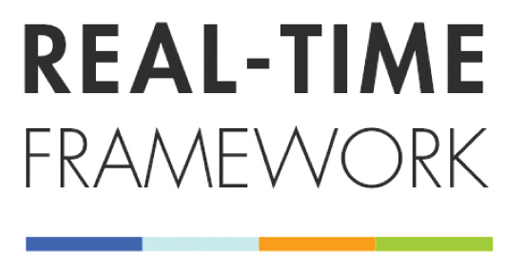
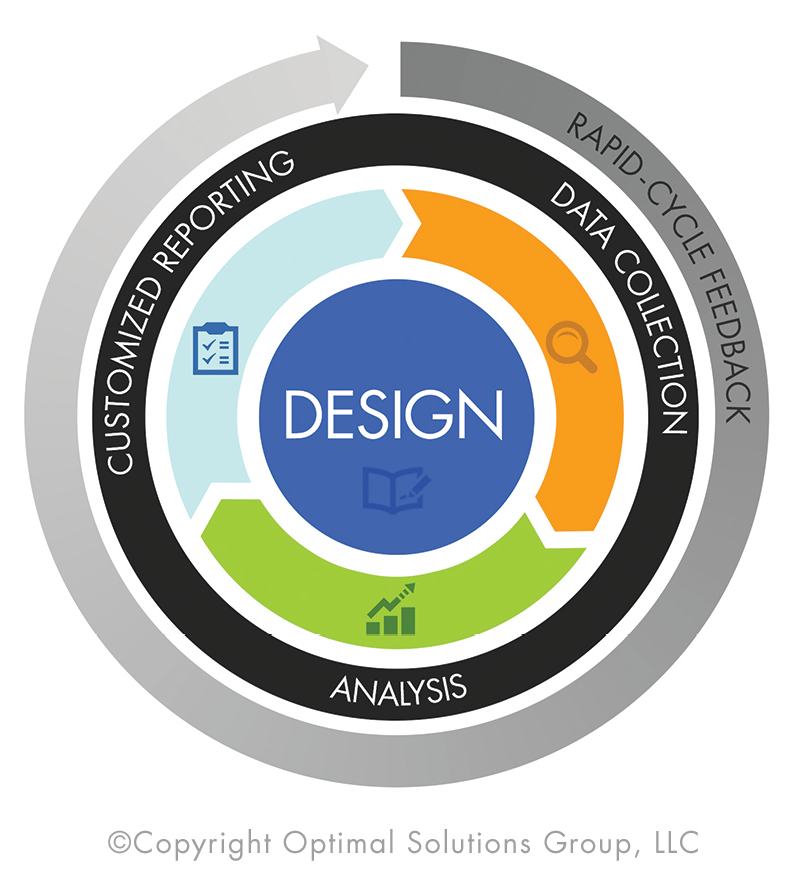
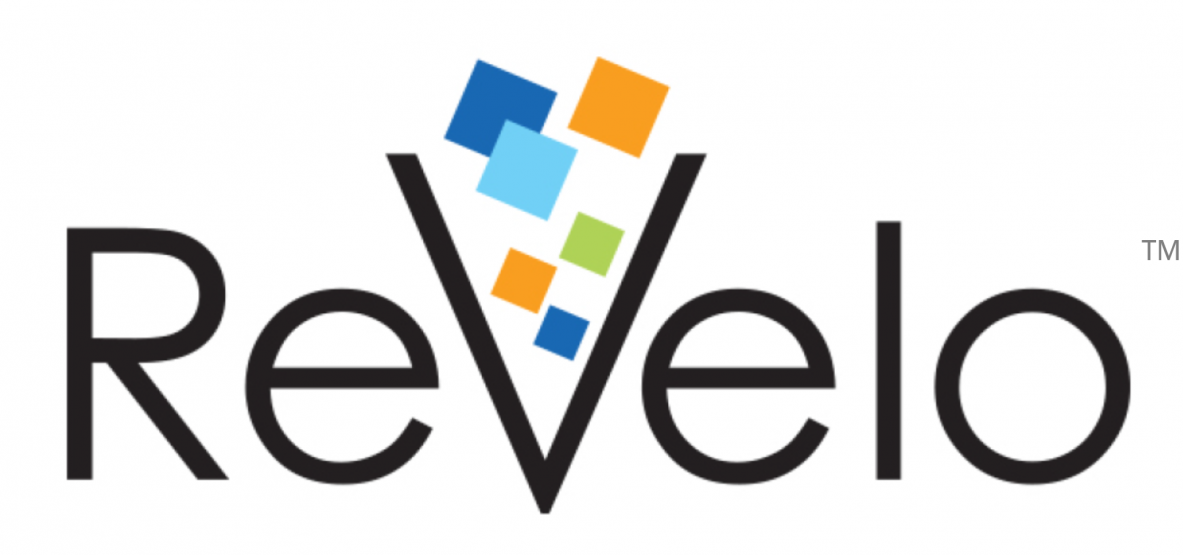


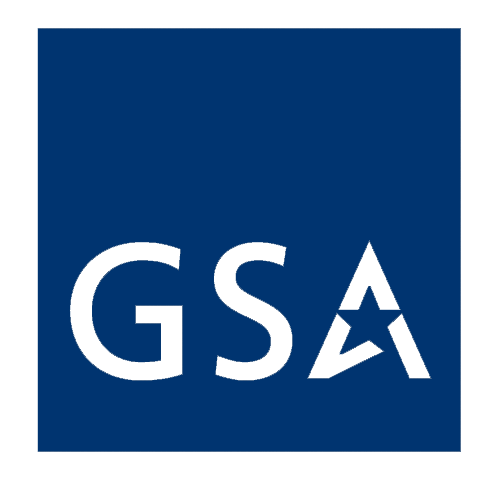

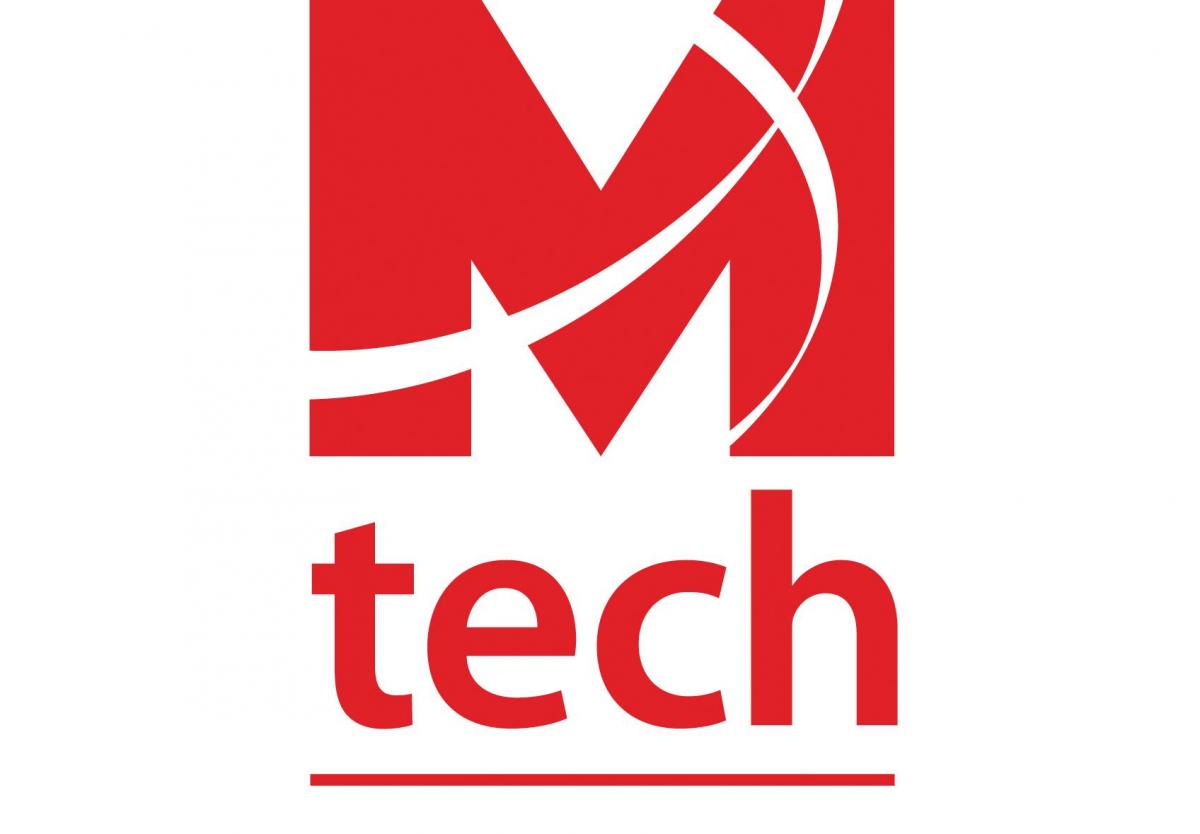



Connect with us Facebook
Facebook  Twitter
Twitter  LinkedIn
LinkedIn